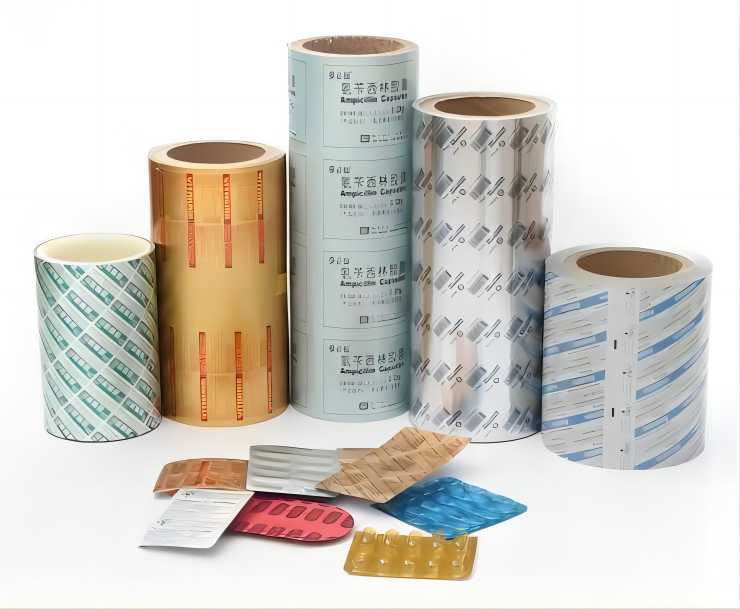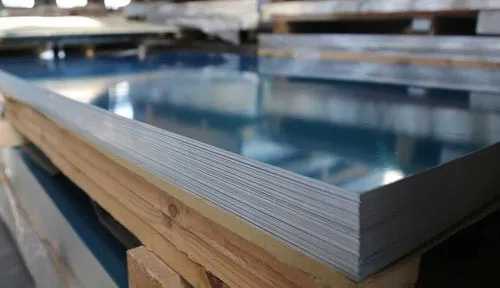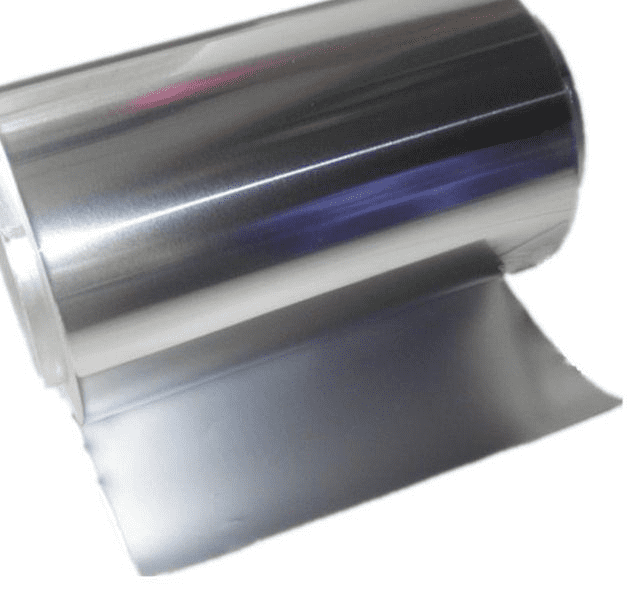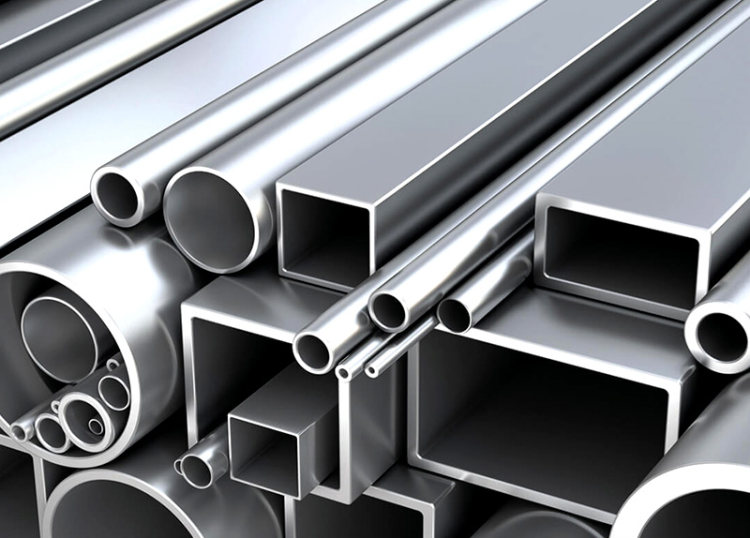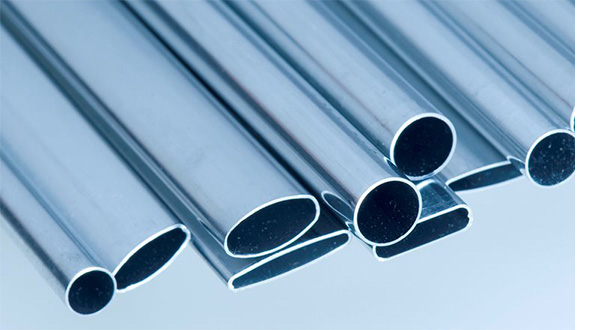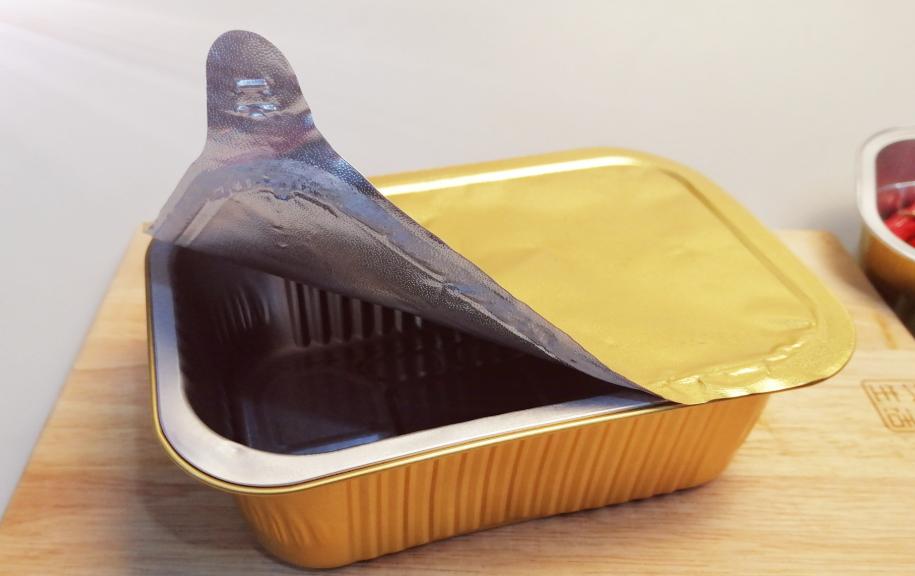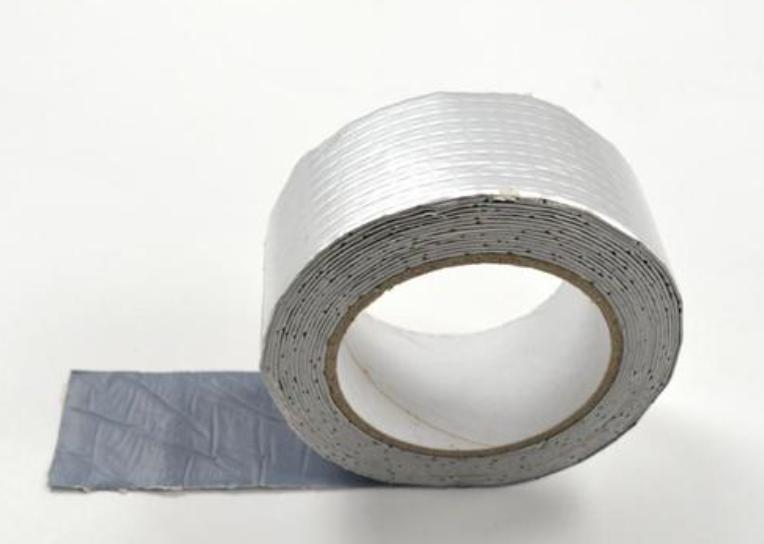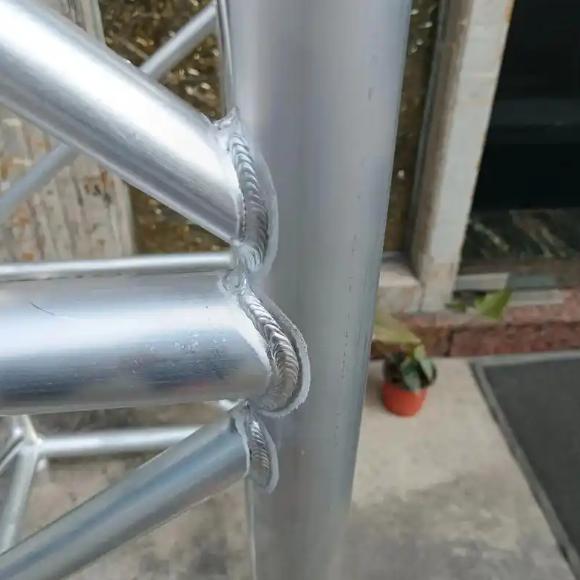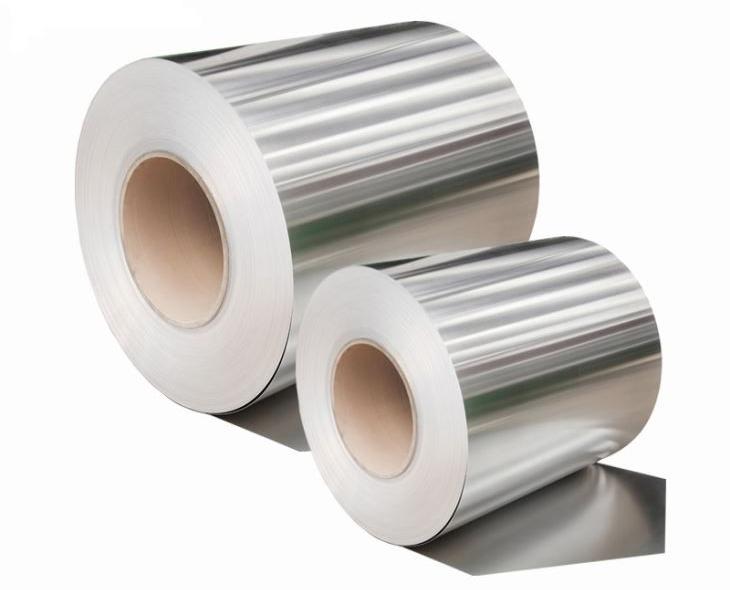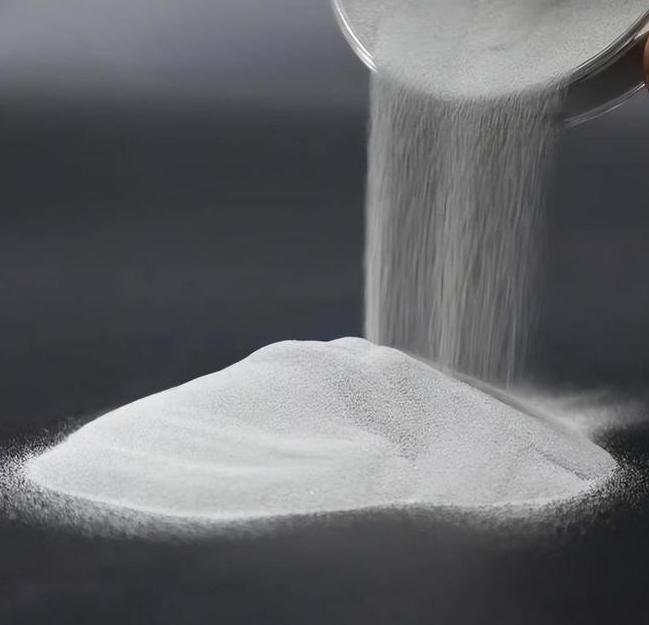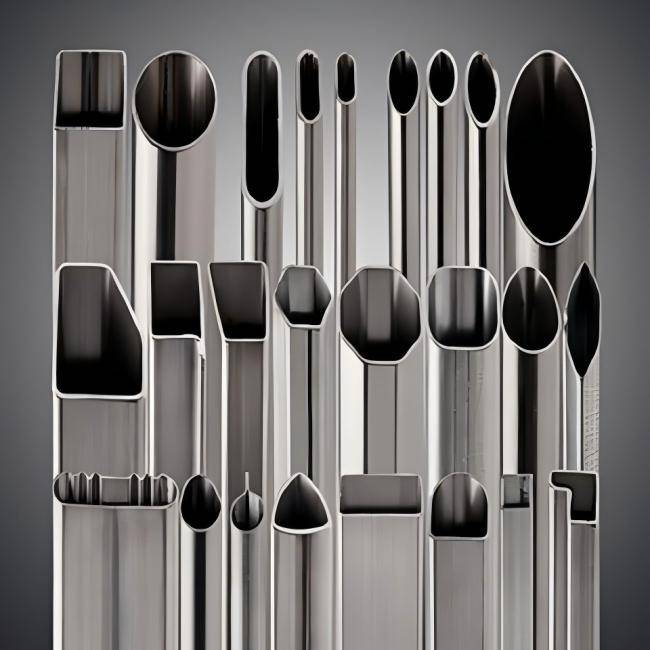Pharmaceutical aluminum tubes have emerged as a cornerstone in modern packaging solutions for the pharmaceutical industry. Renowned for their durability, lightweight nature, and excellent barrier properties, these tubes are widely used to store and dispense medications. Their ability to protect sensitive substances from environmental factors such as light, air, and moisture makes them indispensable.
This article explores the key aspects of pharmaceutical aluminum tubes, focusing on their material composition, classification, and diverse applications in both pharmaceutical and related industries.
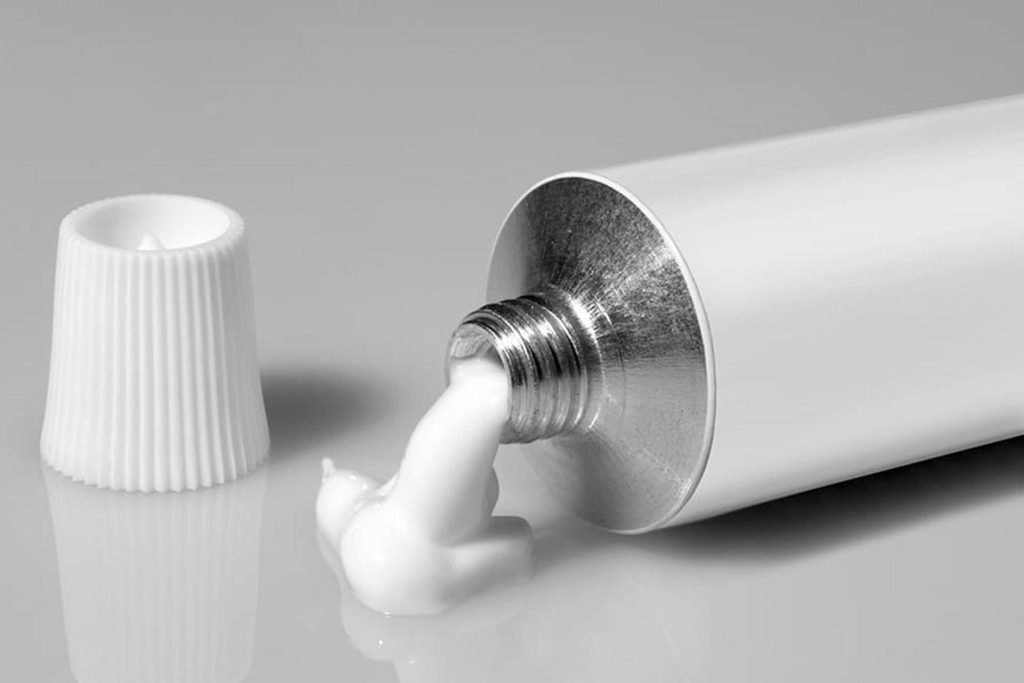
Material Composition of Pharmaceutical Aluminum Tubes
Advantages of Aluminum Alloys
Aluminum alloys are the primary materials used in manufacturing pharmaceutical aluminum tubes, owing to their unique advantages:
- Lightweight: Aluminum is significantly lighter than other metals, reducing transportation and storage costs.
- Corrosion Resistance: A natural oxide layer on the aluminum surface provides excellent protection against corrosion, essential for maintaining the integrity of sensitive pharmaceutical formulations.
- High Plasticity: Aluminum’s malleability allows for easy shaping into various forms, accommodating the diverse requirements of pharmaceutical packaging.
- Ease of Manufacturing: Aluminum alloys are highly adaptable to industrial processes such as extrusion and stretching, enabling efficient large-scale production.
Commonly Used Aluminum Alloys
Different aluminum alloys are selected based on the specific requirements of the application. Below is a comparison of commonly used alloys:
| Alloy Type | Properties | Applications |
| 6061 | High strength, corrosion-resistant, machinable | Packaging for potent drugs |
| 6063 | Excellent ductility and oxidation resistance | Premium ointment packaging |
| 3003 | Superior corrosion resistance and weldability | Standard pharmaceutical tubes |
| 5052 | High corrosion resistance and adaptability to complex shaping | Eye ointments and specialty uses |
Factors Influencing Material Selection
- Nature of the Drug: The chemical properties of the drug, such as acidity or oxidative potential, influence the choice of aluminum alloy to ensure compatibility and stability.
- Packaging Specifications: Factors like tube diameter, length, and internal coating requirements dictate the material selection.
- Production Process: The material’s adaptability to manufacturing techniques such as extrusion or drawing affects its suitability.
- Regulatory Compliance: Pharmaceutical aluminum tubes must meet stringent standards, such as FDA and ISO certifications, to ensure safety and quality.
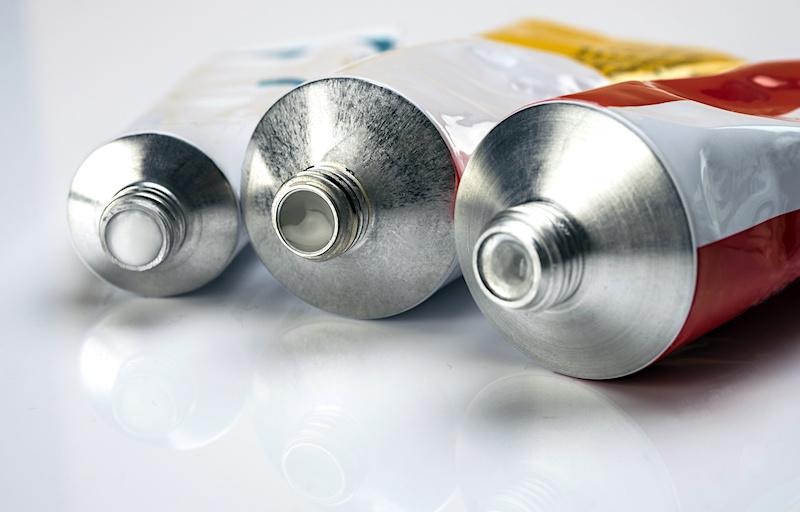
Classification of Pharmaceutical Aluminum Tubes
Pharmaceutical aluminum tubes can be classified based on various criteria, each tailored to meet specific requirements.
1. By Shape
- Round Tubes: The most common design, suitable for standard ointments and creams.
- Oval Tubes: Designed for ergonomic handling and an aesthetically pleasing appearance, often used in cosmetic packaging.
- Custom Shapes: Used for niche applications requiring unique designs.
2. By Tube Opening
- Closed-End Tubes: Offer superior sealing properties, ideal for long-term storage.
- Nozzle Tubes: Feature a narrow tip for precise application, commonly used for eye ointments.
- Flip-Top Tubes: Convenient for frequent use, often utilized for creams and gels.
3. By Internal Coating
- Epoxy Resin Coating: Provides excellent resistance to chemical reactions, preserving the drug’s efficacy.
- Polyethylene Coating: Enhances sealing and is suitable for packaging high-density liquids.
4. By Application
- Eye Ointment Tubes: Narrow openings allow precise application.
- Soft Ointment Tubes: Designed for general-purpose creams and ointments.
- Specialty Tubes: Tailored for specific pharmaceutical formulations, such as adhesives or gels.
5. By Manufacturing Process
- Extruded Tubes: Produced through an extrusion process, offering high efficiency and cost-effectiveness for mass production.
- Drawn Tubes: Provide superior precision and are used in premium packaging applications.
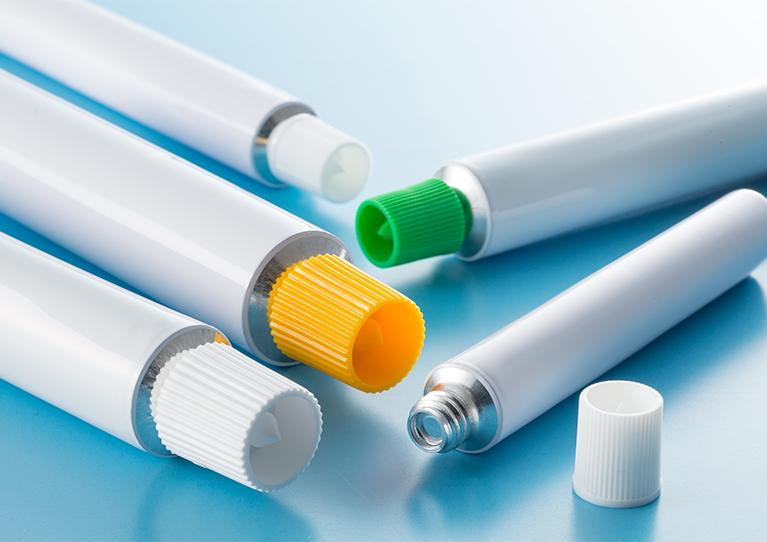
Applications of Pharmaceutical Aluminum Tubes
1. In the Pharmaceutical Industry
Pharmaceutical aluminum tubes are a staple in the industry, providing reliable packaging for a variety of products.
- Ointments and Creams: Aluminum tubes ensure a long shelf life by preventing exposure to air and light.
- Eye Ointments: Tubes with precision tips allow for accurate application, enhancing patient safety.
- Soft Gel Formulations: Aluminum’s malleability allows manufacturers to produce tubes of varying sizes and capacities to suit specific product needs.
2. In Related Industries
Beyond pharmaceuticals, aluminum tubes are widely used in other sectors:
- Cosmetics: Packaging for high-end skincare products and lip balms, where the sleek appearance of aluminum enhances product appeal.
- Food Industry: For products such as honey and condiments, aluminum tubes provide excellent preservation and easy dispensing.
- Industrial Applications: Aluminum tubes are also used to package adhesives, lubricants, and sealants, where their durability is essential.
3. Emerging Trends in Aluminum Tube Applications
- Eco-Friendly Packaging: The growing emphasis on sustainability has led to the development of recyclable aluminum tubes, reducing environmental impact.
- Smart Packaging: Advanced designs incorporating QR codes or RFID tags allow consumers to verify product authenticity and access additional information.
- Premiumization: As consumer preferences shift toward premium products, aluminum tubes with unique designs and finishes are gaining popularity.
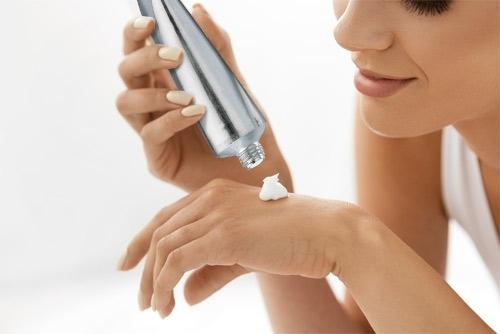
Wrap Up
Pharmaceutical aluminum tubes serve as a cornerstone of modern packaging, balancing functionality, safety, and sustainability. Their versatile material properties, diverse classifications, and wide-ranging applications underscore their importance in the pharmaceutical and allied industries. As technology continues to advance, aluminum tubes are poised to evolve further, offering innovative solutions that meet the ever-growing demands of consumers and regulatory bodies alike.
If you are considering building cooperation with a Chinese aluminum tube supplier, CHAL is a good choice, you can feel free to contact us at any time, and will get a response within 24 hours.

